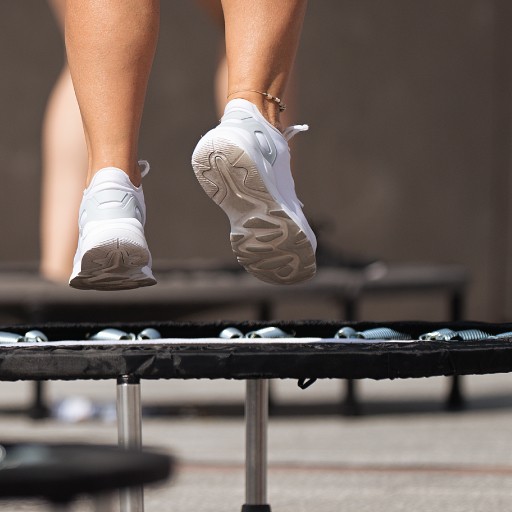
Jenisha Shah, a Psychologist and Outreach Associate with Mpower – The Centre talks about the mental aspect of hospitalization. The post-hospitalization healing process requires both mental and physical care.
Hospitalization can be a traumatic experience. Whether it is for an illness, injury, or surgery, there is usually a physical toll on the body during and post-hospitalization. But along with the physical aspect of health, there is also the unseen mental aspect. When the body is going through some form of distress, the mind is also affected. Fear, confusion, frustration, and even depression are a few mental conditions that can be brought on by physical problems.
Post-hospitalization, many people think that they need to jump back into daily life with both feet but this could actually be counterproductive. While your body might need more time to fully heal, your mind too is going through a lot. Getting used to your post-illness/injury body could take a mental toll, and being incapacitated in some ways can be frustrating.
In many cases the best way to return to regular life is to give your body and mind time to heal properly first. It is only the combination of both mental and physical healing that is the best route to a complete and speedy recovery.

6 Ways To Recover Physically And Mentally
Listen To Your Body
Your body knows exactly how much time it needs to recover. Pay attention to the signs that are telling you whether or not you are ready to return to regular activity. Get enough rest; self-care is not selfish.
Have A Support System
It’s okay to ask for help. Friends and family members usually want to help in whatever way they can so take them up on their offers. And if no one offers to help, it is not weak or wrong to ask for help. As Brené Brown said, “We don’t have to do all of it alone. We were never meant to.”
Get Some Sunshine
Sunshine is a remarkable healer. It quite literally brightens your day, helps in vitamin D production, and makes you feel a lot better. Get your daily dose of sunshine while you heal.
Eat Your Way To Health
Eating the right foods to nourish your body is one of the best ways to speed up your recovery. Make sure to follow any diet restrictions you might have so that you give your body all the support that it needs. Also, don’t forget to take your medication on time and as instructed by your doctor.
Build Independence
While you can’t and shouldn’t plunge back into doing all your daily chores all at once, you can start small. As you start to feel stronger you can gently test yourself to see how much you can do. Don’t push yourself too hard and tire yourself out. Do just a few things and slowly you can try to do a little more.
Get Moving
The body is weak after a physical trauma but with rest, you start to get stronger. You can help your body along by adding a little movement to your routine. Start slow, even just sitting up in bed, or standing is enough to begin with. Later you can even start to walk about a bit.

Patience and perseverance are integral to recovery. Everyone heals differently so don’t compare your journey with others.
Lastly, if negative thoughts and feelings persist and become difficult to cope with, it is a good idea to seek professional help. Going to a psychologist for your mental health is the same as going to a doctor for your physical health.
“What we don’t need in the midst of struggle is shame for being human.” – Brené Brown
Source: MPower





 1800-270-7000
1800-270-7000










If negative thoughts and feelings persist and become difficult to cope with, it is a good idea to seek professional help. Going to a psychologist for your mental health is the same as going to a doctor for your physical health.